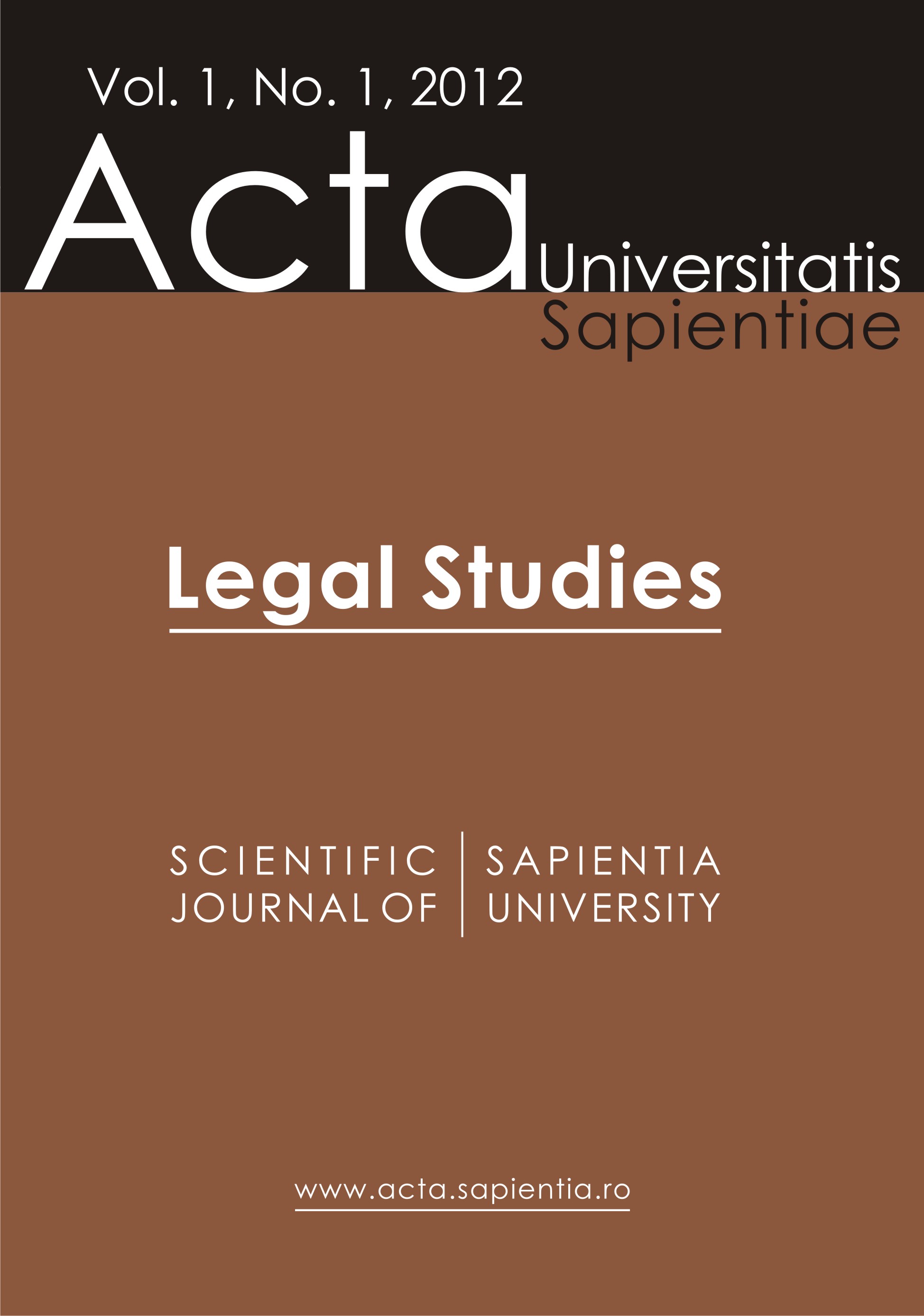Why the opinion of Papinian preserved by Fragm.
Vat. 9 was not inserted into Justinian’s Digest?
Why the opinion of Papinian preserved by Fragm.
Vat. 9 was not inserted into Justinian’s Digest?
Author(s): Magdolna Sič (Szűcs)Subject(s): Law, Constitution, Jurisprudence, History of Law
Published by: Scientia Kiadó
Keywords: Fragm. Vat. 9; Papinian; pignus; lex commissoria; classical Roman law; Digest
Summary/Abstract: According to the text of the Vatican fragment, the author of which was supposedly Papinian (Fragm. Vat. 9), the creditor properly purchases the pledged thing from his debtor for the price which is determined by the sum of debt and interests. The question, whether the creditor should be permitted to purchase the object of the pledge from his debtor, is very important today. If permitted, besides being an uncontrolled “private” method of enforcement, it could potentially lead to defrauding the prohibition of lex commissoria, to impoverishment of the debtor and enrichment of its creditor. Since even today legal science intends to approve the contemporary rules originating from the Roman law, in case of Fragm. Vat. 9 one has to be cautious, and before coming to a final conclusion about Papinian’s authorship, besides dogmatic analyses also has to pay attention to historical circumstances. The fact that the Fragm. Vat. 9 was not inserted in Justinian’s Digest opens ambiguities regarding its authorship and content. Therefore, the questions the article deals with are the following: I. Was Papinian’s real opinion preserved by Fragm. Vat. 9? II. Why the rule from Fragm. Vat. 9 was not inserted into the Digest?
Journal: Acta Universitatis Sapientiae, Legal Studies
- Issue Year: 1/2012
- Issue No: 1
- Page Range: 107-127
- Page Count: 21
- Language: English

